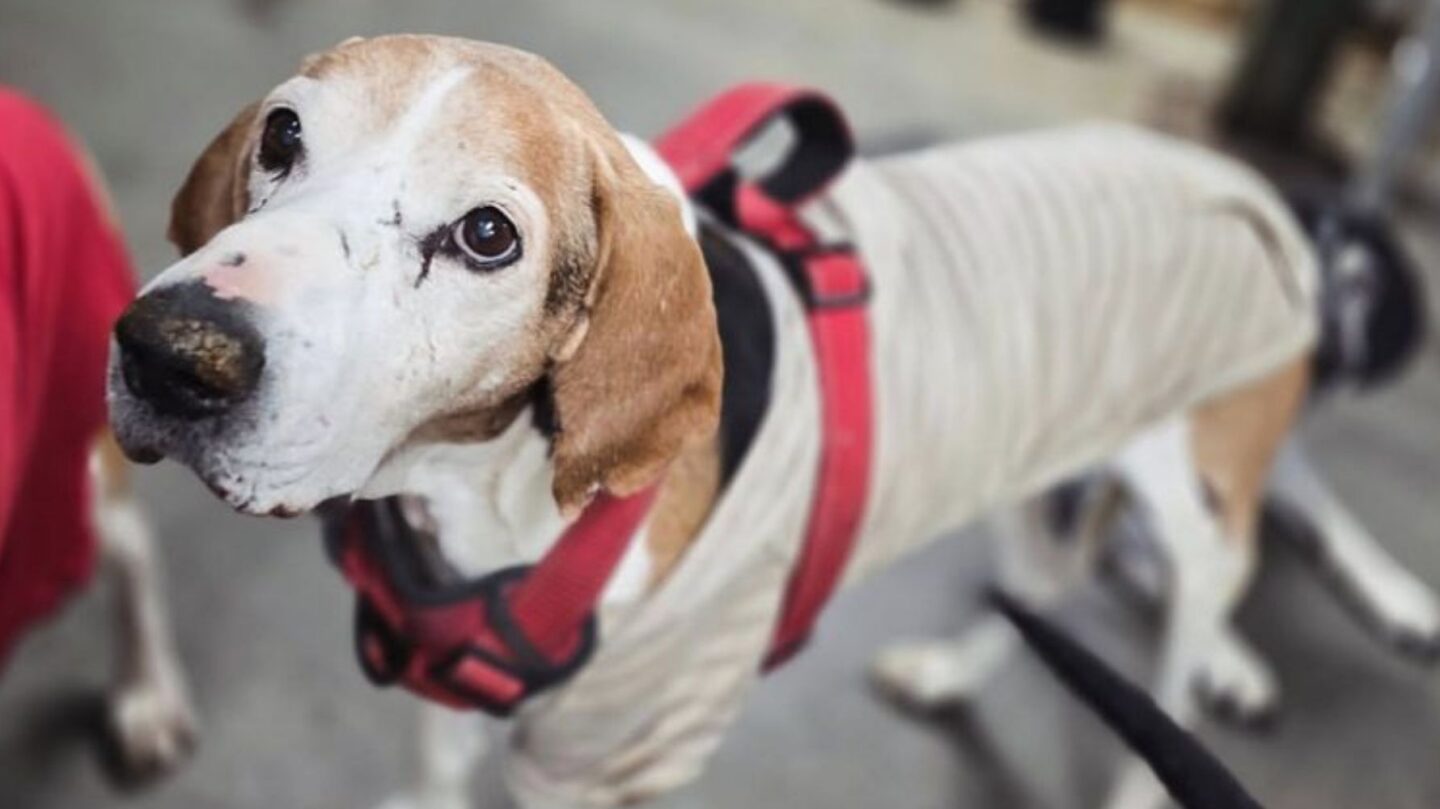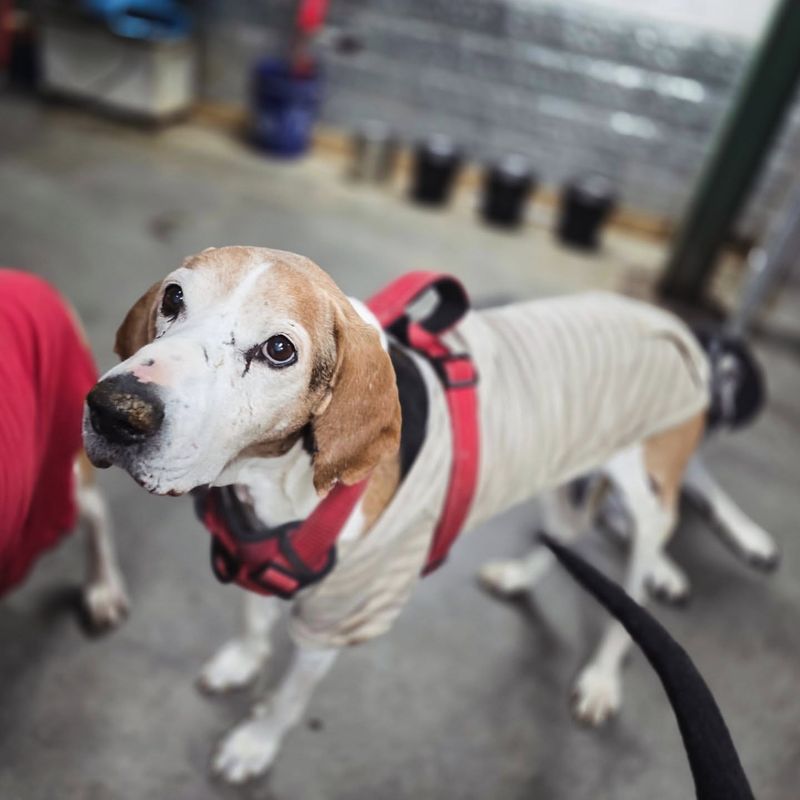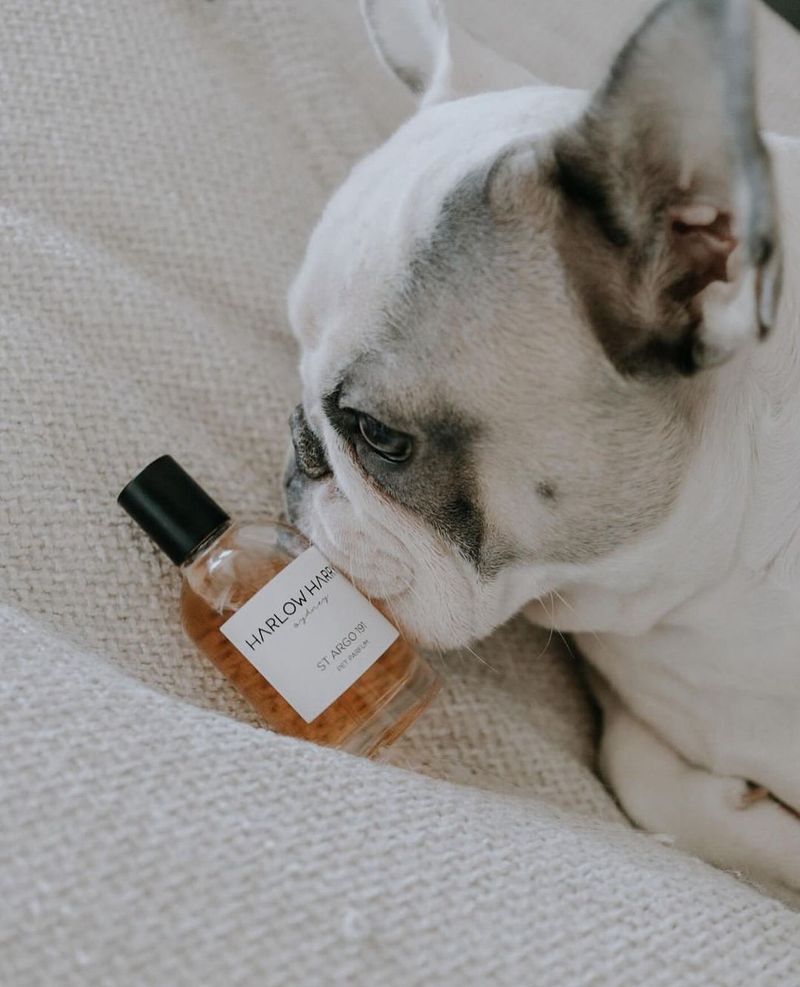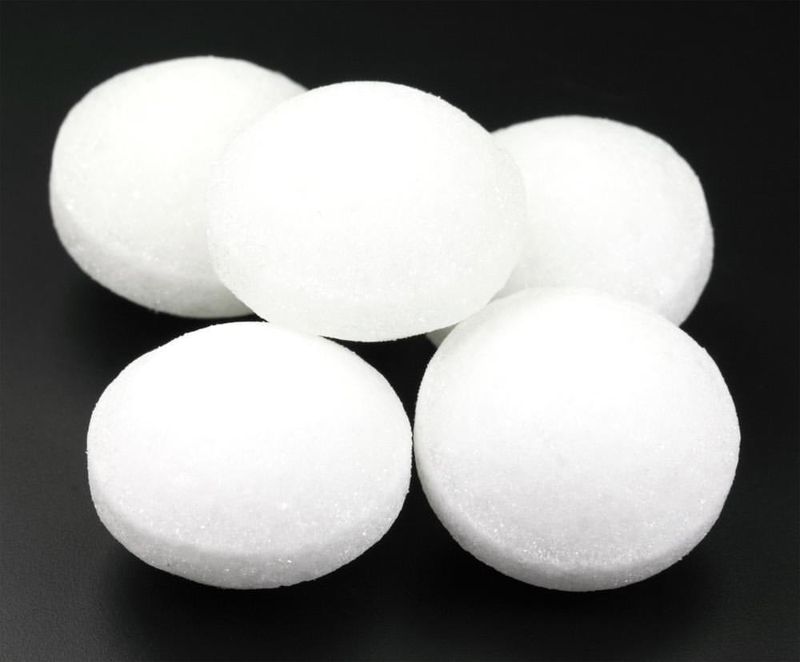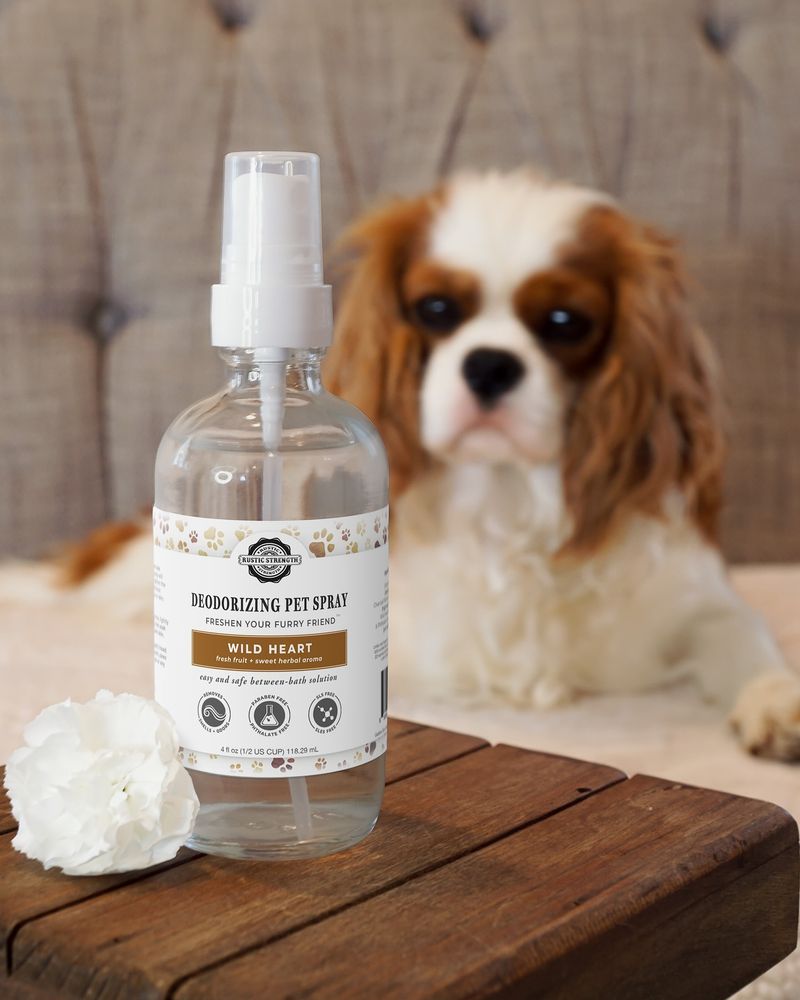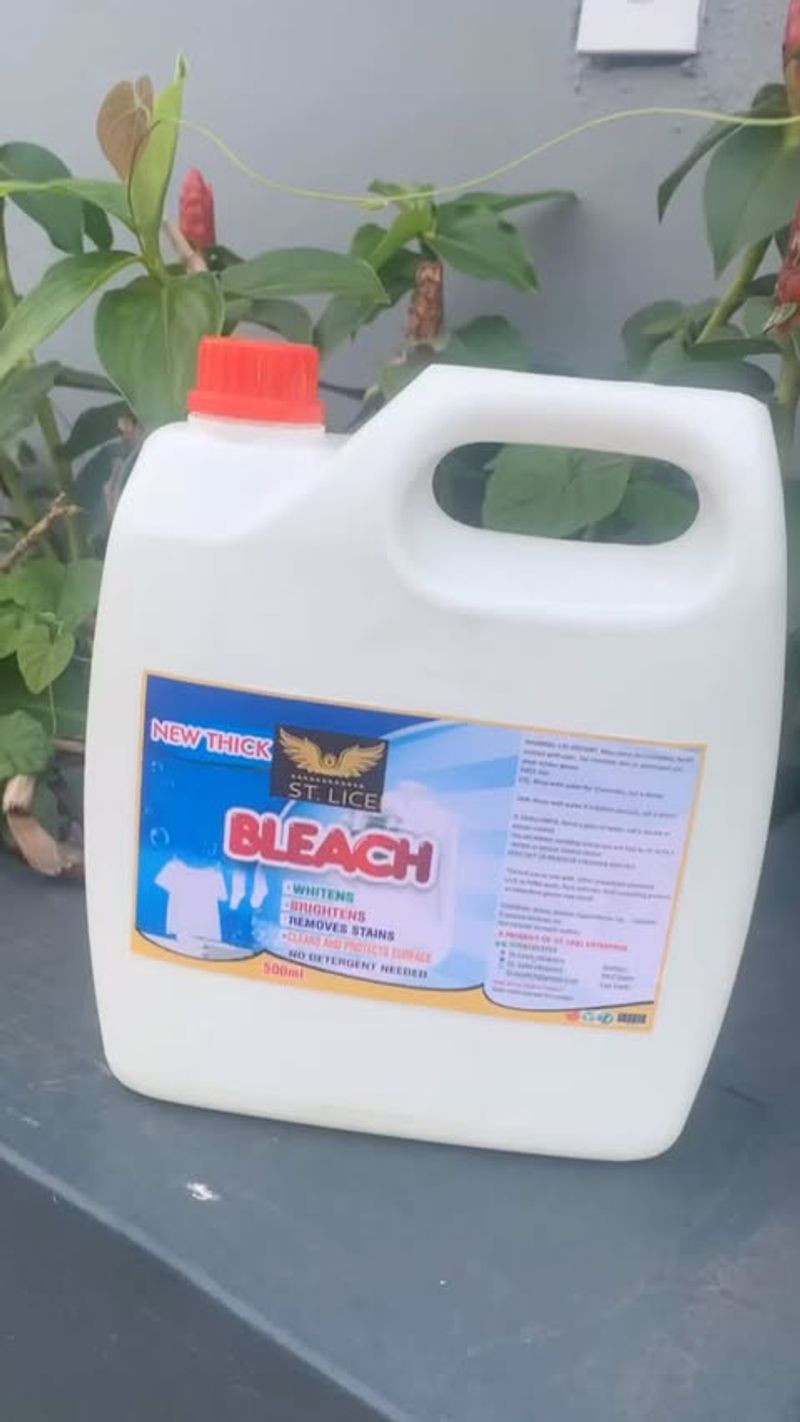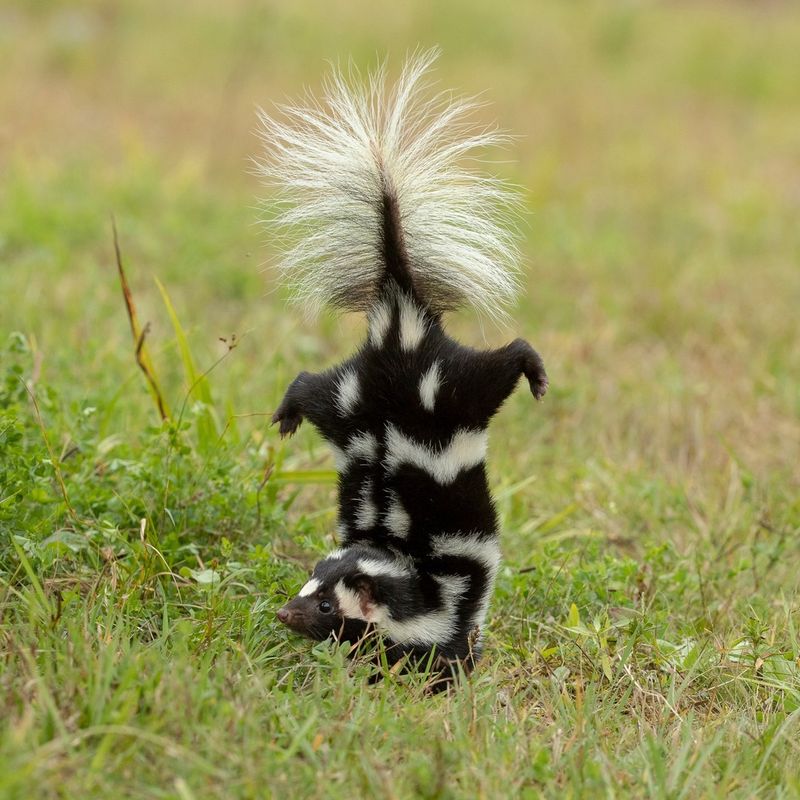Dogs have an incredibly sensitive sense of smell, and while they often enjoy exploring different scents, there are certain odors that they find particularly unpleasant. Understanding these can help pet owners create a more comfortable environment for their furry companions. Here are 14 smells that dogs typically hate.
Citrus
Dogs generally dislike the strong, tangy scent of citrus fruits like oranges and lemons. These fruits release a potent aroma that humans find refreshing but dogs find overwhelming. The high concentration of citric acid is especially off-putting to their sensitive noses.
In some cases, the smell is so repellent that it can be used to deter dogs from certain areas. For example, spraying a citrus-scented solution can prevent dogs from chewing furniture. However, it’s important to use such methods sparingly and ensure that they don’t cause distress or anxiety to the dog.
Vinegar
The strong, pungent smell of vinegar is another odor that dogs tend to avoid. Vinegar is often used as a cleaning agent, and its sharp scent can deter dogs from sniffing or licking areas where it has been applied.
While it’s effective as a natural cleaning product, pet owners should be cautious. Overuse can lead to dogs associating certain spaces with negative experiences. Always ensure areas cleaned with vinegar are thoroughly rinsed to minimize lingering odors. Despite its benefits for cleaning, vinegar should be used thoughtfully around pets.
Chili Peppers
The intense heat and strong aroma of chili peppers are highly unpleasant to dogs. The capsaicin within the peppers is what creates the sensation of heat, which can irritate a dog’s sensitive nose and mouth.
Smelling or accidentally consuming chili can cause discomfort and distress in dogs, leading to sneezing, itching, or even pawing at their face. As a result, it’s best to keep spicy foods and ingredients well out of reach. Avoiding areas where spicy cooking occurs can also help maintain a comfortable environment for your dog.
Alcohol
Alcohol has a strong, distinctive odor that dogs generally dislike. The sharp scent of beverages like wine, beer, or spirits can be extremely unpleasant for them. Dogs have a higher sensitivity to alcohol due to their acute sense of smell.
This aversion means they often avoid areas where alcohol is present. It’s crucial to ensure alcoholic drinks are kept out of a dog’s reach, as ingestion can be harmful and even toxic. Pet owners should be mindful of open containers and spills to keep their pets safe and comfortable.
Ammonia
Ammonia, commonly found in household cleaning products, has a powerful smell that dogs detest. Its strong, chemical scent is not only repulsive but can also be harmful if inhaled in large quantities.
When using ammonia-based cleaners, ensure the area is well-ventilated and that pets are kept at a safe distance. Overexposure can irritate a dog’s respiratory system and eyes, causing discomfort. Opt for pet-friendly cleaning alternatives whenever possible to maintain a safe and pleasant environment for your furry friend.
Nail Polish
The chemical odor of nail polish is another scent that dogs find objectionable. This smell comes from the solvents used in the polish, which are harsh and unfamiliar to a dog’s sensitive nose. The strong fumes can be overwhelming and even cause irritation.
If you frequently use nail polish at home, try to apply it in a well-ventilated area away from your pet. This precaution helps minimize their exposure to the unpleasant scent and ensures a more comfortable environment for them. Pet-safe nail polish alternatives are also available for those who like to paint their dog’s nails.
Perfume
Perfume contains a mixture of aromatic compounds that can be overpowering for dogs. While humans may enjoy these scents, dogs often find them too intense and overwhelming due to their heightened sense of smell.
Wearing strong fragrances can deter dogs from approaching their owners or cause them to avoid certain areas. It’s advisable to use perfumes sparingly around pets, opting for milder scents when possible. This consideration helps prevent discomfort and allows your furry friend to stay close without being repelled by the fragrance.
Mothballs
Mothballs emit a strong, acrid odor that dogs find particularly unpleasant. Made from chemicals like naphthalene or para-dichlorobenzene, these are used to deter moths but can also deter dogs. The smell is so intense that it often deters dogs from exploring areas where mothballs have been placed.
It’s crucial to keep mothballs out of reach of pets, as ingestion can be toxic. Consider using natural alternatives like cedar chips to repel moths without affecting your dog’s comfort. Always ensure any pest control methods are safe for pets.
Cleaning Products
Many cleaning products contain strong chemicals that produce intense odors, which dogs tend to dislike. Ingredients like bleach or ammonia create smells that can be both off-putting and harmful to a dog’s sensitive nose.
When cleaning, ensure proper ventilation and keep pets away from freshly cleaned areas until the scent dissipates. Opt for pet-friendly cleaning solutions where possible to reduce discomfort and prevent respiratory irritation. Creating a safe and odor-neutral environment helps ensure your dog remains happy and healthy.
Smoke
The smell of smoke, whether from cigarettes, cigars, or fires, is typically unpleasant for dogs. Smoke contains numerous chemicals that can irritate a dog’s respiratory system and sensitive nose.
Exposure to smoke should be minimized to prevent discomfort and potential health issues. If you’re a smoker, consider smoking outside to keep the indoor air clean and fresh for your pet. Ensuring a smoke-free environment helps maintain your dog’s well-being and allows them to breathe easily without irritation.
Essential Oils
While some essential oils have calming effects on humans, their strong scents can be overwhelming for dogs. Oils like eucalyptus, tea tree, and lavender are particularly potent and can cause discomfort if used in excess.
When using essential oils, it’s important to ensure proper dilution and ventilation. Avoid applying oils directly to your pet or using diffusers in enclosed spaces. Opt for pet-safe products and always observe your dog’s reaction to new scents to ensure their comfort and well-being.
Paint
Fresh paint emits powerful fumes that dogs generally dislike. The combination of solvents and chemicals used in paint can produce a strong odor that irritates a dog’s sensitive nose.
If painting is necessary, ensure the area is well-ventilated and that pets are kept away until the smell dissipates. Consider using low-VOC or pet-friendly paints to minimize adverse effects on your pet. Maintaining a fresh and clean air environment helps ensure your dog’s comfort and reduces potential respiratory irritation.
Bleach
Bleach is a common household cleaner with a distinctly harsh odor that dogs often find repellent. The chlorine smell is strong and can cause irritation to a dog’s respiratory system and eyes.
When using bleach, make sure the area is well-ventilated and that pets are kept away from the cleaning process. Always rinse surfaces thoroughly to ensure no residue remains. Opt for pet-safe cleaning alternatives to maintain a pleasant and safe home environment for your furry companion, reducing the risk of discomfort or irritation.
Skunk Spray
Perhaps the most notorious of unpleasant odors, skunk spray is something all dogs hate. The potent and lingering smell is caused by sulfur compounds, which can be overwhelming and distressing.
If your dog encounters a skunk, immediate action is necessary to neutralize the scent. A mixture of hydrogen peroxide, baking soda, and dish soap can help remove the odor. Always keep your dog leashed during walks in skunk-prone areas to prevent encounters. Ensuring your pet is skunk-free helps maintain their comfort and keeps your home smelling fresh.
